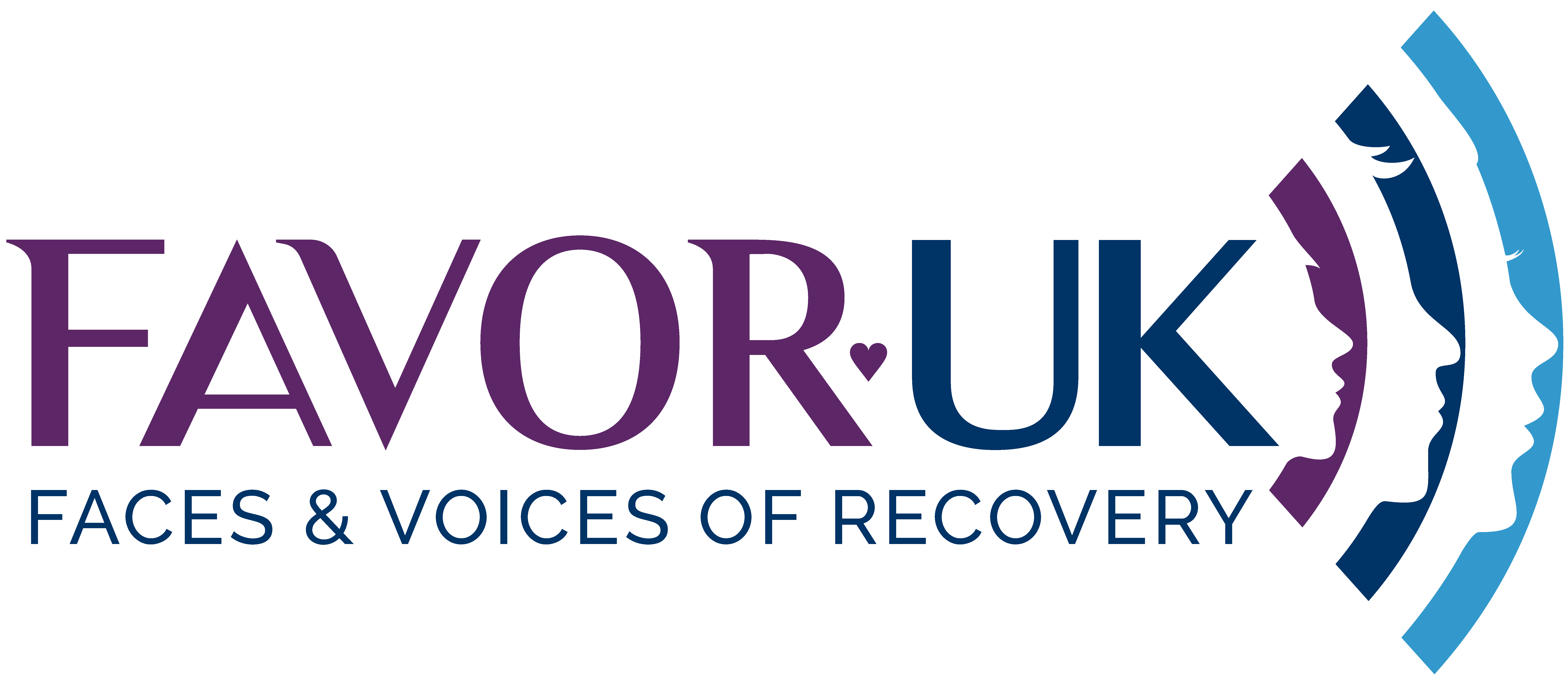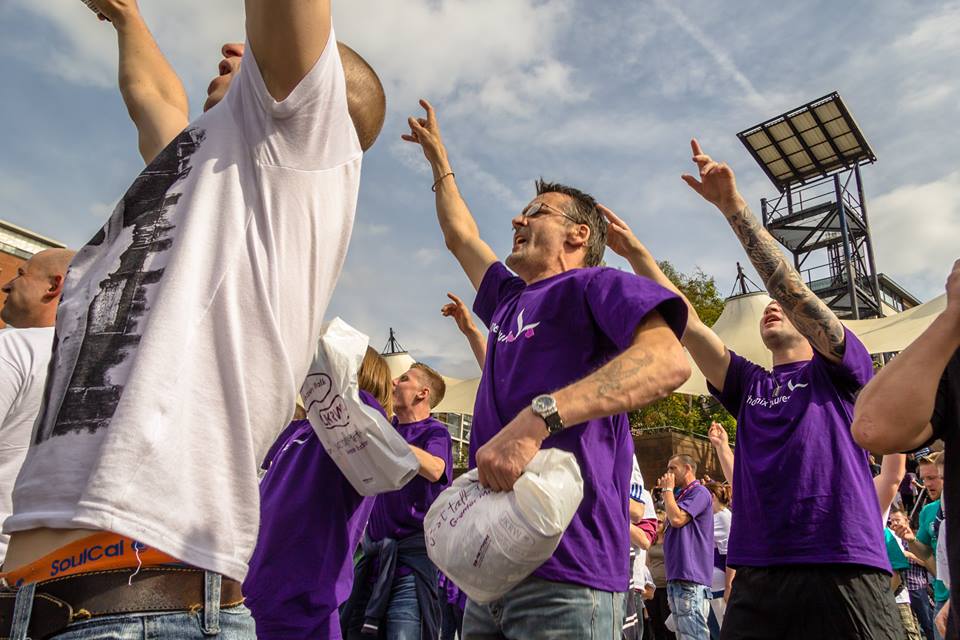What is self help /mutual aid?
Self help groups, also known as mutual aid groups, are groups of people with similar experiences helping each other to manage or overcome issues. Providing mutual support for each other. Through face to face or online support groups.
Mutual aid groups provide an opportunity to meet a new group of people who accept you and understand your problems and the issues you are dealing with. They give you control, let you decide if and when you attend. The approach is based on groupwork – sharing your experiences openly with other people. This can be liberating and empowering, but it can also be difficult for some people. The spiritual nature of some types of meetings can be comforting and some participants feel it gives them a focus for beating their dependence, where as those that are not religious may find this off-putting.
Access to mutal aid
Mutual aid is typically provided outside formal treatment agencies and is one of the most commonly travelled pathways to recovery. There are many models of mutual aid, with varying approaches and set ups for different cohorts of people. The most widespread and evidenced based are the ’12-step’ fellowships (Alcoholics Anonymous, Narcotics Anonymous, Cocaine Anonymous, Families Anonymous, Marijuana Anonymous etc), but there are also SMART Recovery Groups, Intuitive Recovery and Secular Organisations for Sobriety, to name but a few. These supportive networks span the country, at times and in places where a large number of people can access support.
You will be able to find details of your local groups through your local drug service provider.
Narcotics Anonymous (NA) have groups across the country. The UKNA helpline is on 0300 999 1212. NA is a program of complete abstinence from all drugs. There is only ONE requirement for membership, the desire to stop using. NA supports anonymity and allows addicts to attend meetings without the fear of legal or social repercussions.
In meetings members regularly share their personal experiences with each other, not as professionals but as ordinary people who have discovered that sharing brings about solutions to their problems. Narcotics Anonymous has no professional therapists, no residential facilities and no clinics. NA provides no vocational, legal, financial, psychiatric or medical services.
SMART Recovery is an addiction recovery support group. SMART Recovery supports individuals who have chosen to abstain, or are considering abstinence from any type of addictive behaviors (substances or activities), by teaching how to change self-defeating thinking, emotions, and actions; and to work towards long-term satisfactions and quality of life.
SMART RECOVERY:
- Teaches self-empowerment and self-reliance.
- Encourages individuals to recover and live satisfying lives.
- Teaches tools and techniques for self-directed change:
- Coping with urges
- Enhancing and maintaining motivation to abstain
- Problem solving – managing thoughts, feelings and behaviours
- Lifestyle balance
- Meetings are educational and include open discussions.
- Advocates the appropriate use of prescribed medications and psychological treatments.
- Evolves as scientific knowledge of addiction recovery evolves.
Some people’s journey to recovery takes them straight to mutual aid; for others, their journey goes via the ‘formal’ structured treatment system or doctors, nurses and counsellors.
Either way, mutual aid groups provide an immense opportunity to offer the kind of supportive environment needed to help individuals recover and to support them in the long term – as well as giving them the opportunity to support others.

